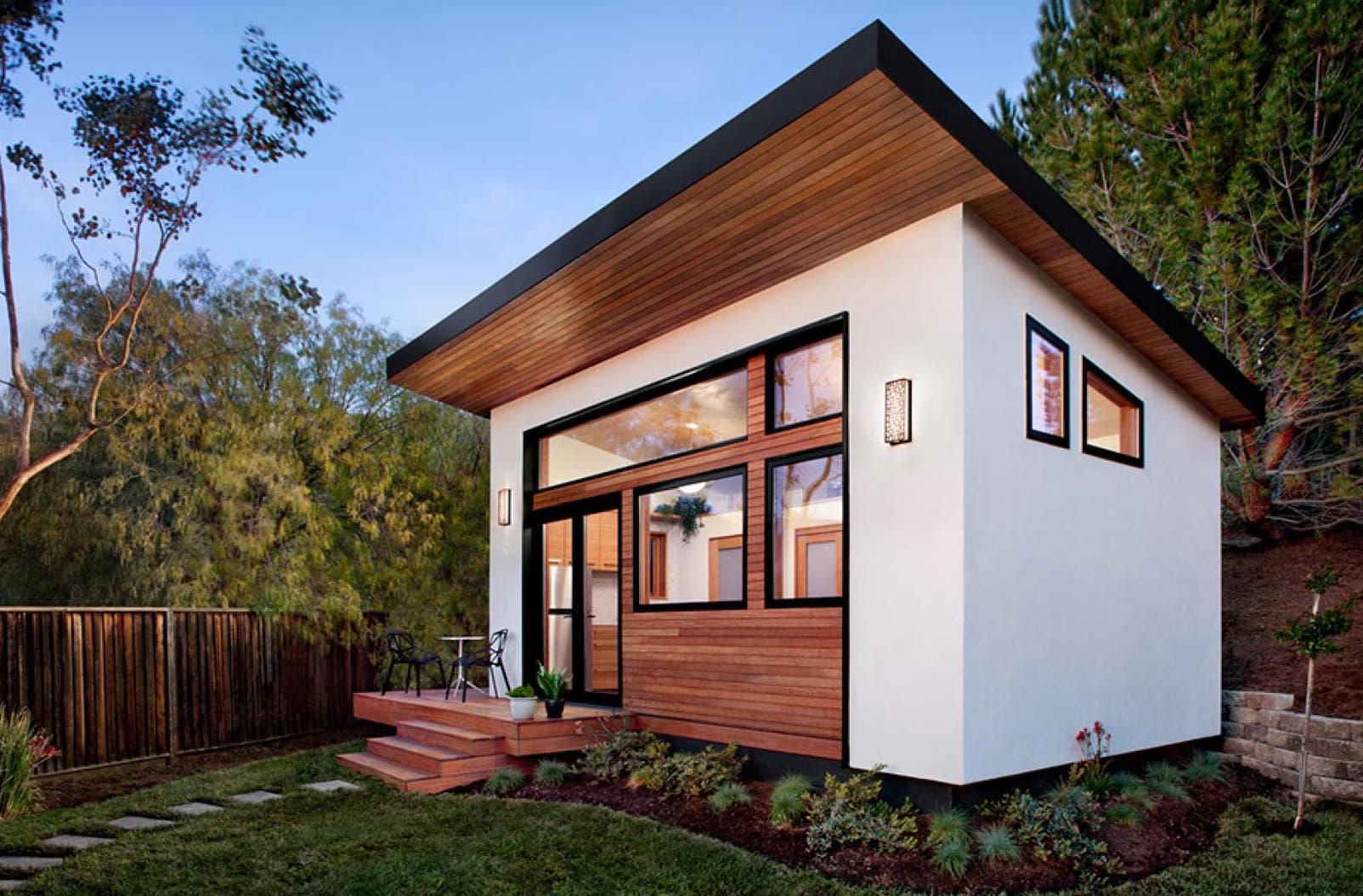The Piedmont City Council on Monday approved the second reading of a revised accessory dwelling unit (ADU) ordinance that bring’s the city’s rules more closely in line with new state laws that took effect Jan. 1.
But council members made it clear that they expect the state laws may be tweaked, which could prompt adjustments locally, as well. And city officials are already trying to blunt the effects of one new state rule regulating approvals of accessory dwelling unit projects — the new regulation that doesn’t allow public notice of, or public hearings about, proposed ADU projects.
The new state laws were created to make it easier for people to create “granny flats” or “mother-in-law units,” from converted garages, separate cottages or other residences on the same lot as a main dwelling. The laws are intended to help increase the state’s stock of affordable housing.
One aspect of streamlining the state process is eliminating notice of planned projects to neighbors. City Planning Director Kevin Jackson said Monday that Piedmont plans, as an alternative, require two weeks’ notice from someone ready to do ADU-related remodeling to residents in that neighborhood. The scope of the work, planned completion date, building permit number and contact information for the resident doing the building will be part of that, too, he said.
This notice would apply to all construction projects “of a significant scope,” not just ADU work.
Council members applauded this partial remedy to what they say is a straightforward attempt by the state to take the public out of the loop for speaking up about ADU work, to get more ADUs approved and built statewide.
“I think it’s really great that … even in a process where the state has taken our much-beloved public process out of the loop, that we can still be communicative with our residents and get them the information,” said Councilman Tim Rood. A municipal planner himself, Rood praised Piedmont’s planning staff for devising this approach.
Cities and counties throughout the Bay Area and the state as a whole have been working in recent months to update their ADU regulations to conform with the law changes. The changes address the accessory units’ building heights and setbacks, prohibit replacement off-street parking when a “garage, carport or covered parking structure” is demolished or converted into an ADU, and make approval or denial of ADU units “ministerial,” based almost entirely on whether they meet specific set of objective criteria and severely curtailing subjective decision making in approving ADU plans.
The City Council had a lengthy discussion about it Jan. 20, when they voted to approve local ordinance changes. Those changes became official Monday night after the ordinance’s second reading.
One reason to align city rules with state ones is to avoid conflicts and confusion arising from the two sets of rules not being consistent.
Jackson said the local ADU regulations are a “living document” that can change with expected changes in the state laws moving forward.
Though no one showed up Monday night to talk about the new ADU rules, Vice Mayor Teddy Gray King said she’s heard plenty about the topic out in the community. It was a hot topic at her Super Bowl party on Sunday,she said.
“I missed my ability to watch the halftime show to talk about ADUs,” King said Monday night. “That’s what I call ‘public service.’”
Contact Sam Richards at sam.richards4344@gmail.com
